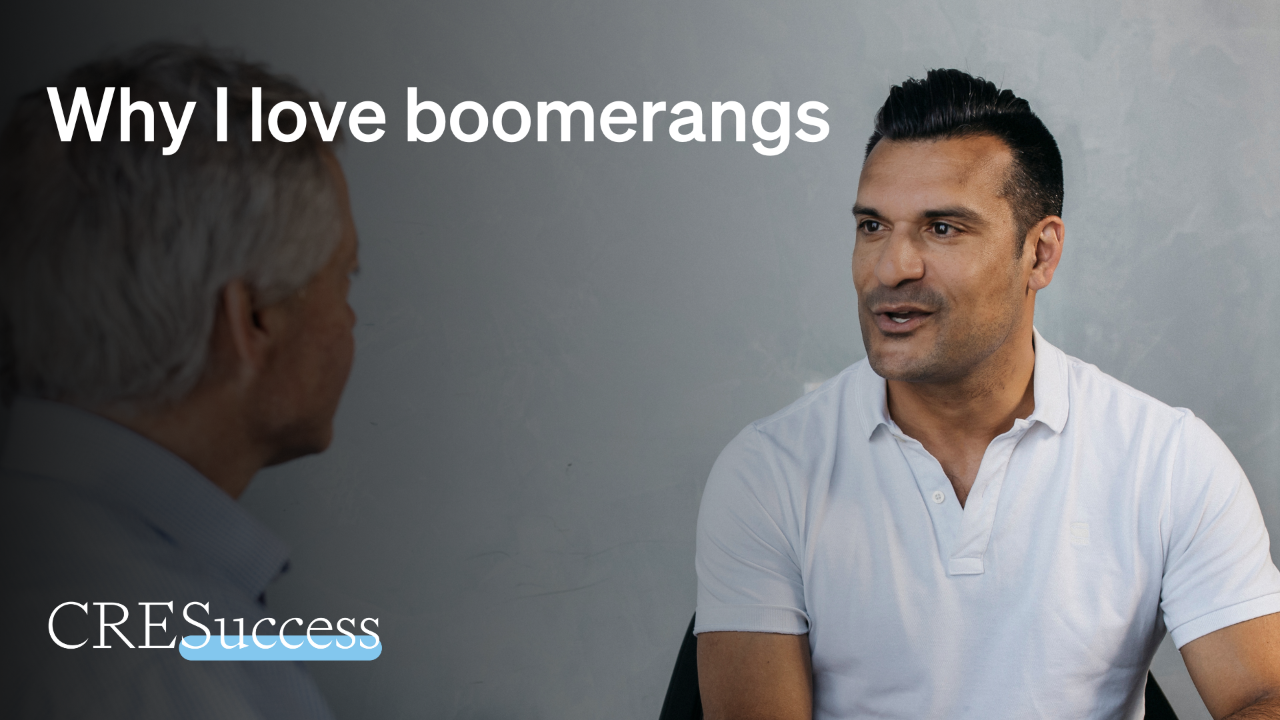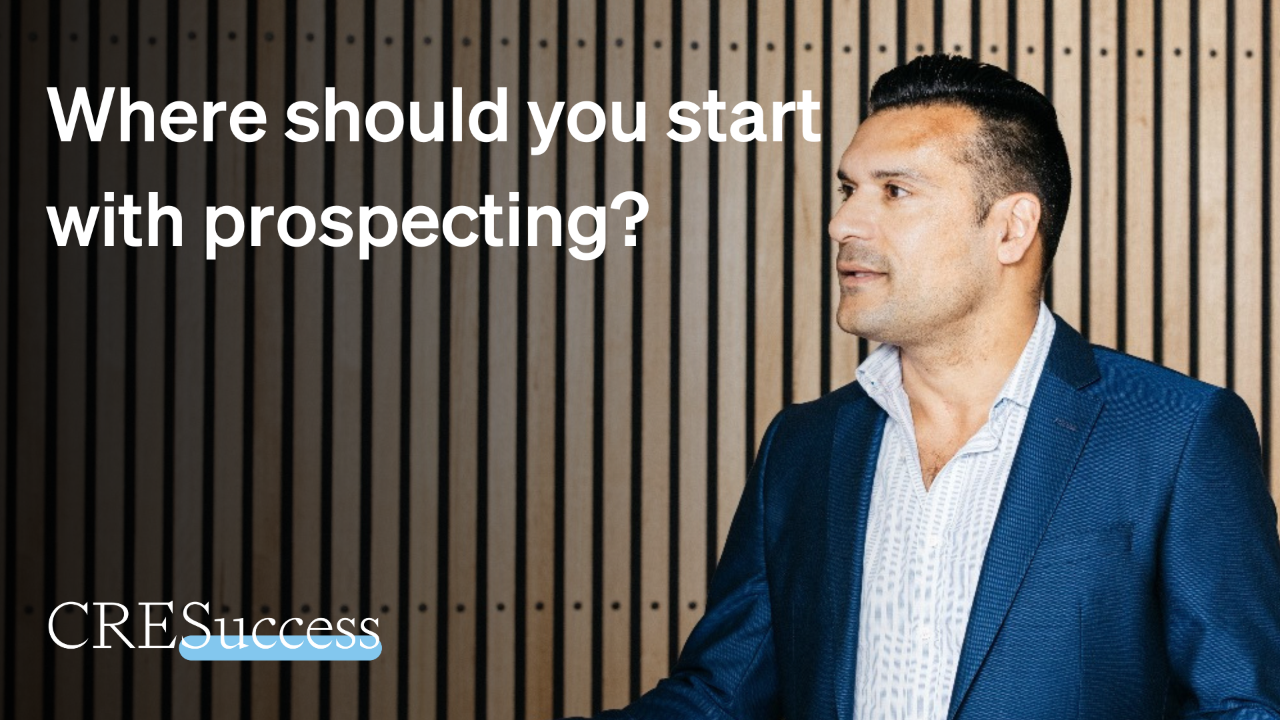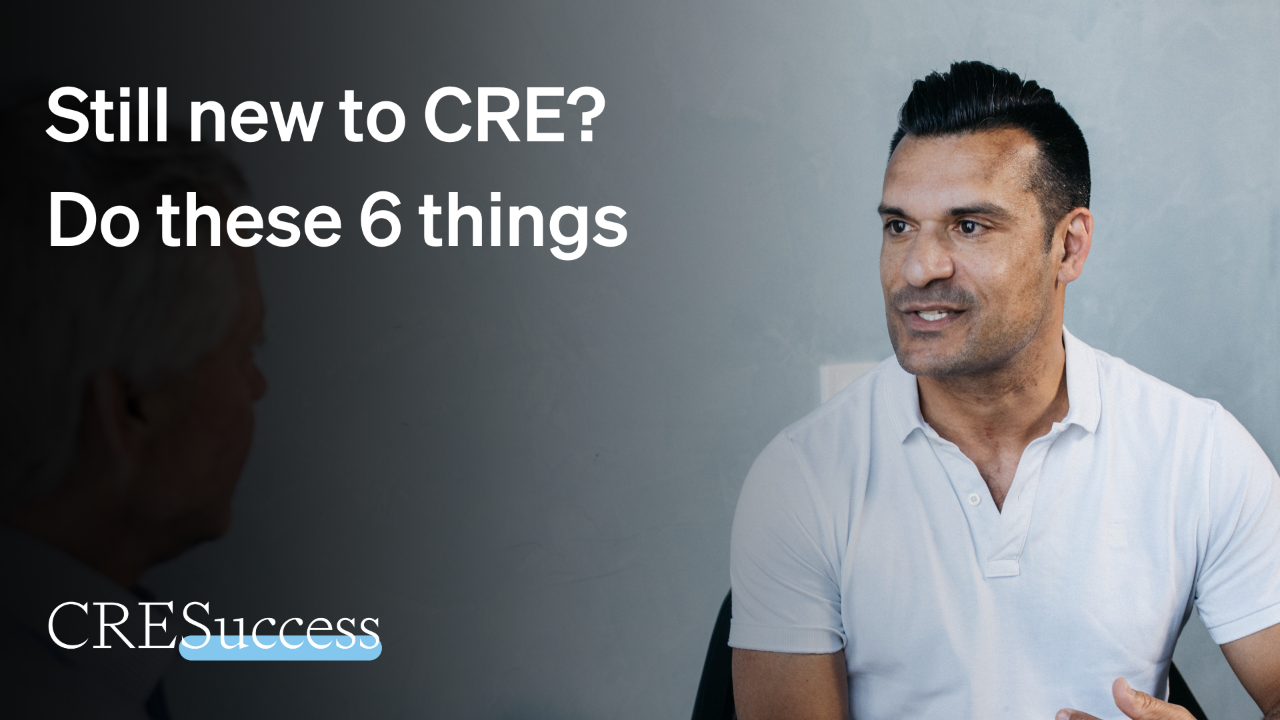Why boomerang clients are the best compliment in business.
Aug 13, 2025
CRE Success Principle: The way you act when an employee or client leaves you has the biggest influence on whether they ever return.
In big companies, boomerangs are employees who leave, gain experience elsewhere, and return to the fold.
Large firms put their boomerangs up in lights to highlight their employee value proposition.
But, in my opinion, the best boomerang to celebrate in commercial real estate is the returning client.
When a client comes back after trialling a competitor, this is one of the strongest votes of confidence you can receive.
It shows that you’re a quality provider, that you’ve stayed visible, and that they’ve concluded you’re the superior choice.
Clients leave for many reasons: budget constraints, leadership changes, internal politics, or the lure of something new. It’s not always about you.
What matters most is how you handle their departure. Gratitude over grievance keeps the relationship warm and removes friction if they decide to come back.
While they’re away, your job is to remain present – through content, leveraged communication, and the occasional personal check-in – so when circumstances change, re-engagement feels natural.
And when they return, it’s often easier to work together the second time around because you already know each other’s style and expectations.
So next time a client moves on, remember: your response could influence whether they ever come back. Be gracious, stay visible, and make it clear that your door is always open.
If you want to hear more about creating boomerang relationships in your business, join me for episode 233 of Commercial Real Estate Leadership.
Episode transcript:
Big companies love boomerangs, and you should too.
Now, a boomerang in the context of a big company is a boomerang employee.
It's someone who has left the company, gone and gone somewhere else and gained some experience, or maybe realized that the grass wasn't greener on the other side, and then they've come back.
And, I think it's something that is right to be celebrated.
And I remember when I came back to one of the big firms, I made a post on LinkedIn the first week I was back because I was at this company event, and my name tag was on one of these folded pieces of paper.
So, I said, “I'm back in the fold” with a picture of the paper. It performed quite well on LinkedIn because I mean, people like to see this.
But in my world today, where I don't really have any employees apart from one, the boomerangs that I'm focused on is boomerang clients.
And there's a special kind of joy when a client decides to return after some time away.
So, what I thought I'd cover in today's episode is how we can lay the groundwork so you can have more boomerangs in your business.
This is episode 233 of Commercial Real Estate Leadership. My name's Darren Krakowiak. I help commercial real estate principals to lead better, to grow faster, and to have less stress in their lives.
And in October, in a couple of months, I'm jetting over to Perth for the REIWA Commercial and Business Brokers seminar. It's happening on Tuesday, the 28th of October.
So, if you are based in WA, make sure you do register for this event. I'm really looking forward to speaking at this special conference for commercial real estate professionals put on by the Real Estate Institute of Western Australia in late October.
You can go to the REIWA website for more information about that.
So, let's talk about boomerangs because that's our topic today.
And I think a boomerang really signals a vote of confidence in a company. Whether it's an employee who comes back or whether it’s a client, people get a sense of satisfaction that someone who decided to leave, then decided to come back on their own volition.
And I want to speak more about clients, but also address employees, because I do sometimes from my clients, get the question about whether they should take back an employee who left.
Who left generally to a competitor for more money. Should I take this person back?
And my answer is usually, because I've got the context about what happened when that person left, and I know that it was actually disappointing for the client when that employee did leave.
I say, “Well, with the appropriate amount of due diligence, yes, a returning employee for a smaller, you know, an independent boutique or franchised commercial real estate firm is just as valuable as a boomerang and a big firm. It's a great advertisement to all your other employees about your value proposition as an employer.”
And I think one of the only reasons why people think about not taking them back is because, well, they were angry about the fact that that person left in the first place.
And my sort of response to that is if you were angry about the fact that they left, then why not just be happy about the fact that they're choosing to return.
And I think the same should be the case with clients.
Sometimes clients decide to leave, they go off, they try another service provider, they explore other options, but then they choose to return.
And that says a lot about your value proposition, and the level of client service that you're offering when that happens.
So, when a client does come back, it means that you've done something right, not only in the past, but in the way that you've stayed present in the client's mind in the time while they've been away.
And one thing that I like to try and do when I am serving clients is to provide a level of service, support, and deliver so much value that they would regret leaving. And that would create a contrast to working with me as opposed to not working with me, right?
The amount of value that I can provide disappears essentially, or it's not as ongoing and consistent in my ability to deliver it when someone is no longer a client, and I want my clients to miss that. I want them to want that back in their lives.
And I think that's the same kind of principle that you can try and employ in your business.
So, clients leave for a number of reasons. And it could be about their budget, it could be about changing leadership, whether in another business, in their business, could be internal politics, shining new vendors, you know, whatever the case might be.
And the change that they make is not always a reflection of you and your service. It's not always about you.
I think you should always be looking for where your responsibility lies, but it's not always about you.
What is important though is how you handle the departure and the fact that you want to, I think, leave the door open to the opportunity to working again.
Because clients will remember how you made them feel, especially when the relationship ends, and this applies also for when employees leave.
If they have a positive memory of their final experience with you, that's going to make it more likely that there's going to be an opportunity for you to work with them in the future.
So, the way that you act when an employee or a client leaves can make them instantly question their decision to leave.
I kind of would think, particularly when it was employees leaving, I would be so nice upon their exit that I would want them to second guess their decision to be leaving in the first place.
And I think that happens because when you're magnanimous, and when you're gracious when people leave, it makes the most recent interaction they have with us a positive one. And that also reacts as a lack of a barrier to them re-entering the relationship.
Because they know that the pain of leaving was not a reason for them to not return. Because I'm not going to make it hard for them if they choose to exit. What I want them to do is to feel as easy as possible to rejoin.
So, when a client comes to me and says, “Hey, it's been great working with you for the last couple of years, but I want to stop now.”
My position is always one of gratitude. Gratitude for the time that they've spent being a client, rather than coming at it from a position of being aggrieved by the fact that they've decided to leave.
And again, this is something that you can do with your employees and also with your clients.
And when there is no friction when they leave, it just lets them know that if they do return, they're not going to have to deal with that awkward conversation about leaving again.
So, what is it that you can do when someone leaves to increase the likelihood that they will come back as opposed to just being gracious and magnanimous when they do leave?
There are obviously ways to stay in touch via email and LinkedIn and just occasional check-ins without any particular agenda.
We want to be demonstrating value publicly, and that's why I stopped just before where I said, like, I'm not delivering any value anymore when a client leaves.
Well, I'm still doing this podcast, I'm still posting content on social media, I'm still sending out a weekly email, I'm still releasing a weekly newsletter. So, there is still opportunities for me to deliver value to them.
And what I want to do is just make it easy for them to re-engage when it's time. And not with a guilt trip, but really with open arms and letting them know that they will always be welcome to come back.
It makes me think this episode of a couple of stories of clients who have left. what makes them leave is different to the reason that makes them want to come back.
And what makes them come back is usually something has changed with their circumstances, right?
And what is always really good is the fact that the second time that you work with a client, and this could be the same for employees as well, although I think with employees it's less likely to be, sometimes employees come back and some of the issues that led to the leaving resurfaced.
But with clients, when they come back, I find it's easier to work with them a second time because you already know each other quite well.
And there's not that awkward onboarding phase. You can find a kind of just slip right back into the way things were, kind of like when you see an old friend that you haven't caught up with in quite a while.
Really today's episode is just about the importance of setting yourself up to have boomerang clients and also boomerang employees.
Because for me, in a relatively small business where I'm not hiring lots of people, boomerang clients are the biggest compliments that I can receive because I'm not turning over lots of employees.
And when people do come back, it tells you that what you've done is important, it's valuable, it's left a mark, and that, you know, what you're doing is meaningful, and it's outlasting the actual engagement that you've got with someone because they're remembering what they value about you, and they're deciding that they want that back in their lives.
So, the message from today's episode is when a client decides to move on, the next time that happens to you, don't take it personally, just stay present and stay visible.
And if they come back, just welcome them back into your life like you would a long-lost friend.
Now, if you have had a boomerang client, or if you want to, happy to have a chat. I love hearing how people are keeping the door open and turning past losses into business in the future.
So just give me a message on LinkedIn and share your story because I'd love to hear about it.
That is our episode for today. Thank you so much for listening, and I will speak to you soon.








